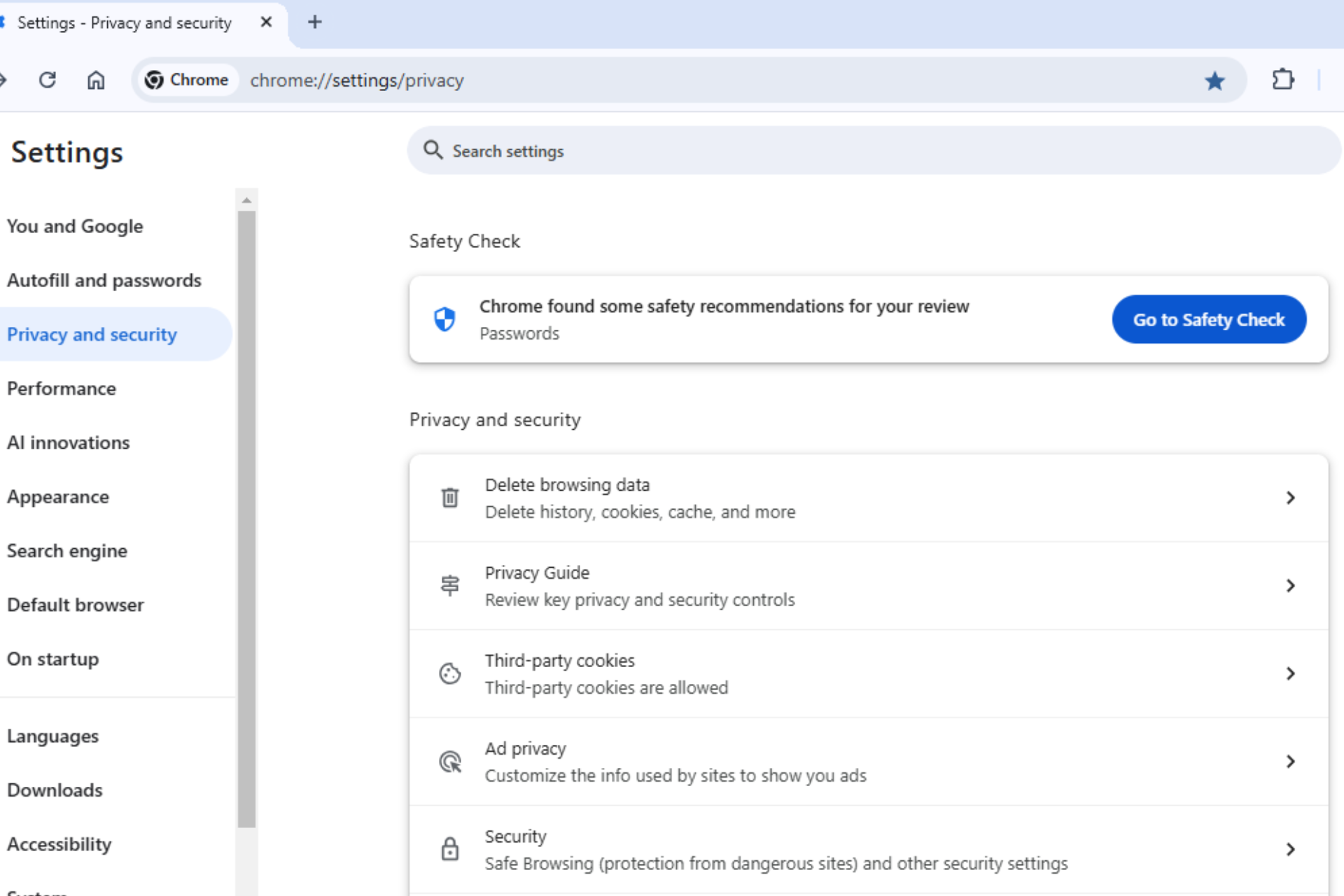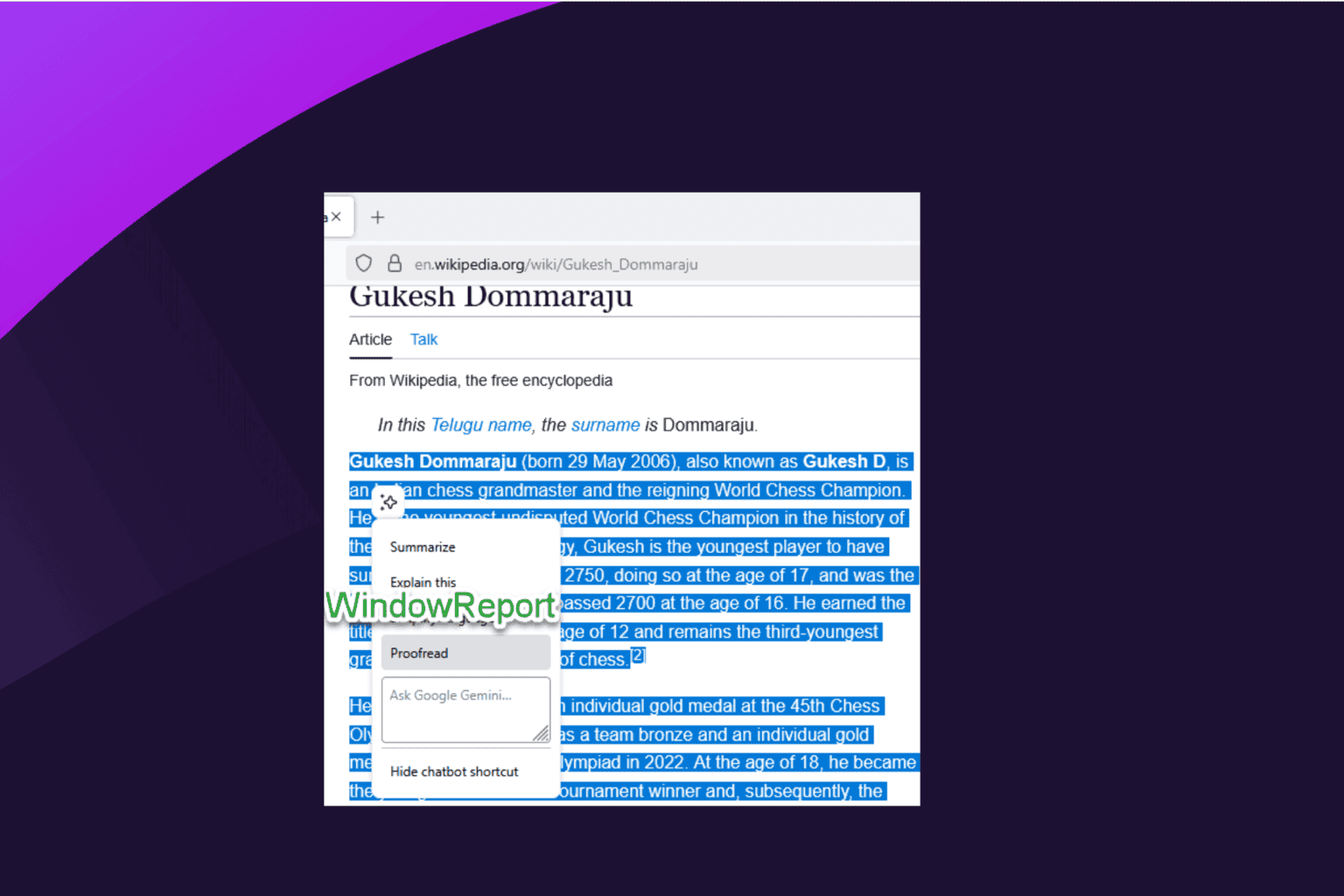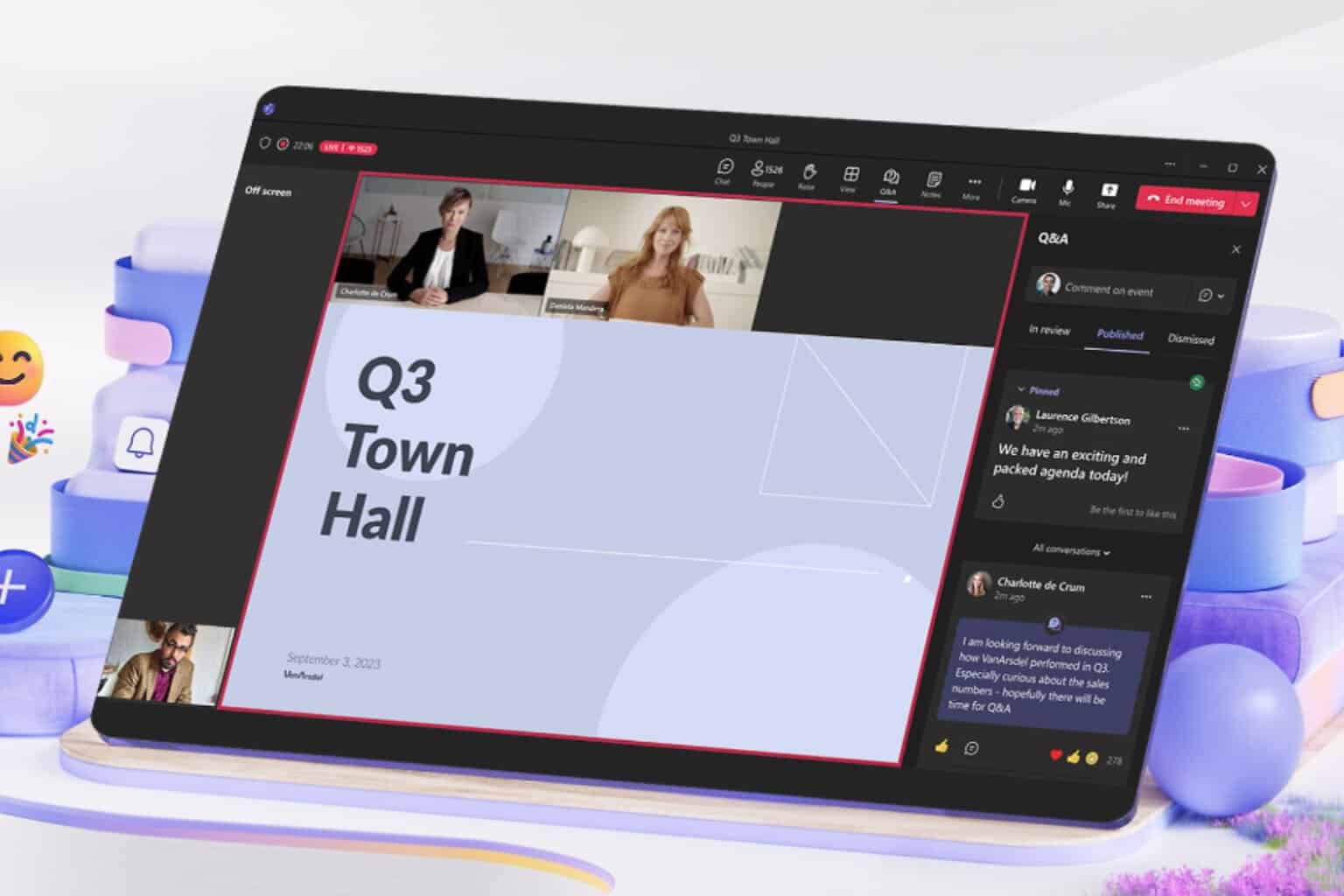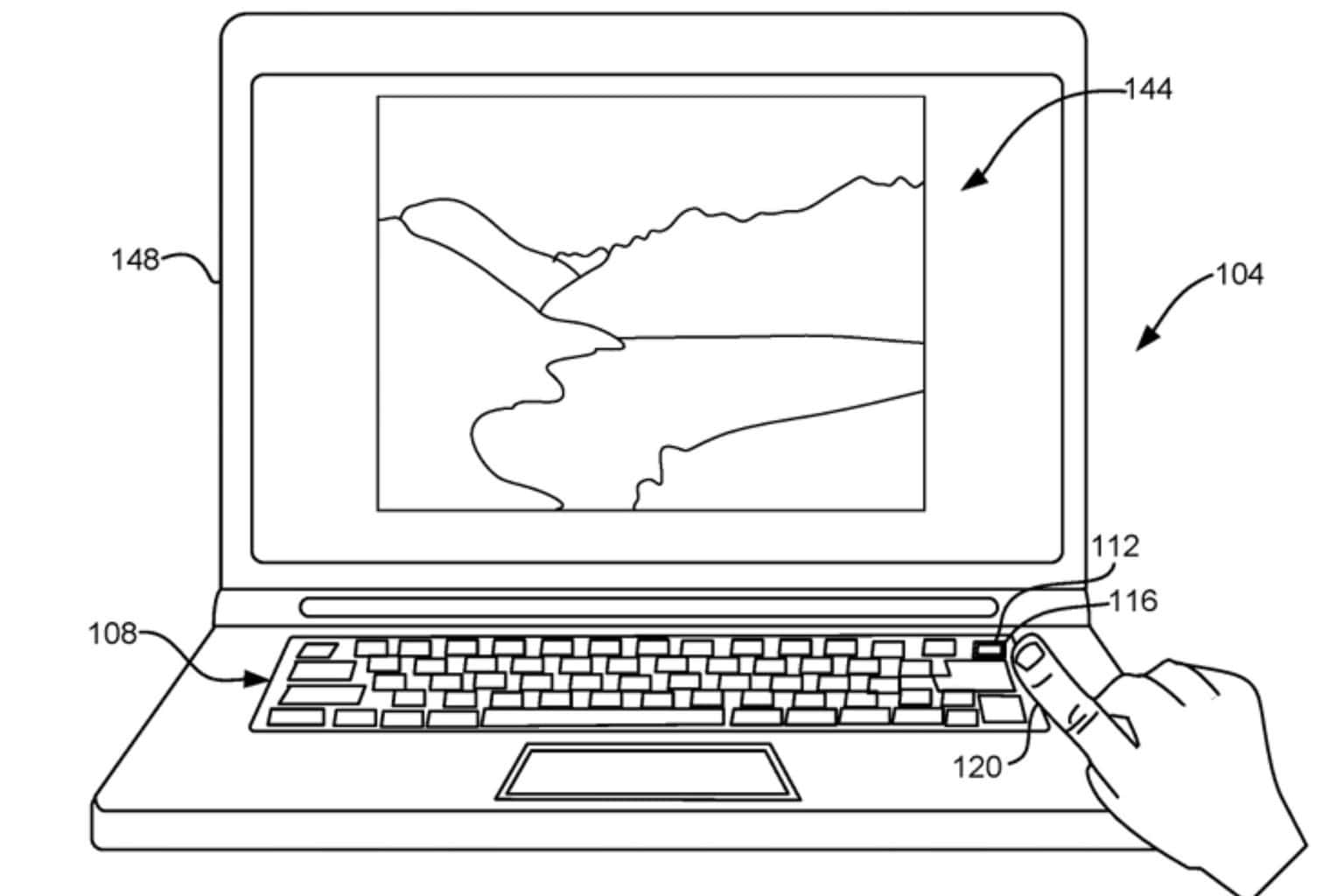Windows 11 is not different from Windows 10; in fact, it's just an extension of it, says Microsoft
There is a 99.7% app compatibility rate between Windows 10, and Windows 11.
3 min. read
Published on
Read our disclosure page to find out how can you help Windows Report sustain the editorial team. Read more

Within the wide and constantly changing realm of technology, myths, and misunderstandings are as frequent as the latest software update. In its latest blog post, Microsoft sought to address some of these myths while making bold statements that will undeniably trigger some Windows users.
Among those myths, the Redmond-based tech giant wants to calm down users who may think the step from Windows 10 to Windows 11 is huge. It’s not, and actually, Windows 11 is just an extension of Windows 10.
From talks with businesses both large and small around the world, certain repeating factors show that accepting Windows 11 along with tools native to cloud like Microsoft Intune or Microsoft Entra ID is not so difficult. The tech giant says moving onto Windows 11 is similar to a normal feature update for Windows 10. Created on an identical base, it provides better security, work efficiency, and user encounters while sustaining app compatibility
The fact is that Windows 10 to Windows 11 is, by design, the same as a Windows 10 feature update. If you’re like most organizations, feature updates aren’t major projects. Windows 11 is built on Windows 10, even carrying a Windows 10 version number for the highest compatibility. So, you can take a more business-as-usual approach to this upgrade.
Microsoft
Another common misunderstanding is that to deploy Windows 11, you must adopt a cloud-native approach. But, the truth is that if your current system runs on any supported edition of Windows 10, moving to Windows 11 can be done using the tools you already utilize. For IT admins, this involves using the current infrastructure to introduce Windows 11 and reduce effort and effects. If you are already involved in a cloud-native approach with Microsoft Intune, it’s an added advantage to keep moving ahead.
Many people worry that upgrading will cause problems with their apps. Yet, for the most part, this is not true for Windows 11. The Redmond-based tech giant says there is a 99.7% app compatibility rate between Windows 10 and its successor system; it’s clear that moving from one version to another won’t be as difficult as some may think. And in case of a hiccup, Microsoft’s App Assure is available to smooth things out.
Another worry is how the new Windows 11 experience may disturb business efficiency. But, in actuality, the fresh user interface, like the Start menu and taskbar, has been planned to improve productivity, particularly on widescreen arrangements. It’s all about improving things for users without compromising performance or familiarity with system navigation.
Finally, there is the concern about different device settings and how they might increase overall cost. Though it’s correct that diverse roles and areas may need distinct setups, shifting to Windows 11 and accepting cloud-native management can make operations more efficient. When you handle your complete property with a “single pane of glass” similar to Intune, you simplify processes and decrease complexity.
It’s worth noting that Microsoft is aware people aren’t upgrading to Windows 11. Even though the company is adding new features to Windows 10, its EOS is still in October 2025. However, getting Windows users to understand that, ultimately, Windows 11 is not so different from Windows 10 is the right thing to do in convincing them to upgrade.








User forum
0 messages